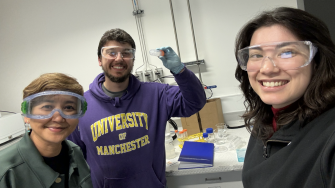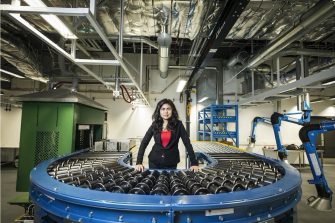Championing sustainability and health – through beer
A combination of talented UNSW graduates and commercial know-how has resulted in the world’s first tea-based zero alcohol beer, which is now paving the way for improved sustainability practices in the brewing industry.




